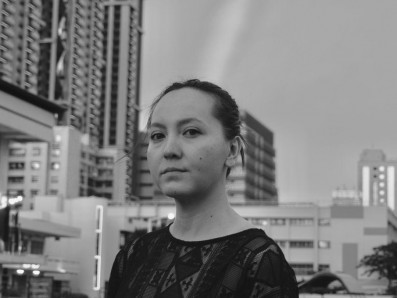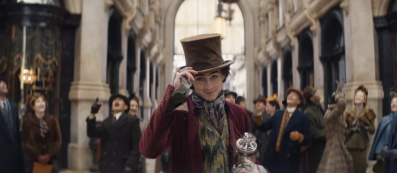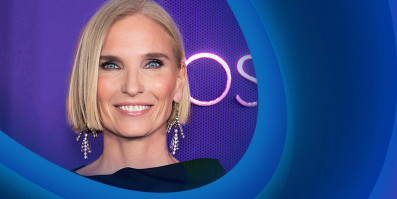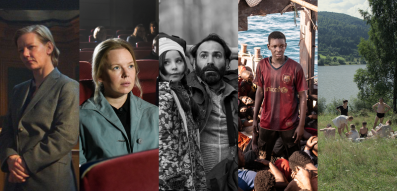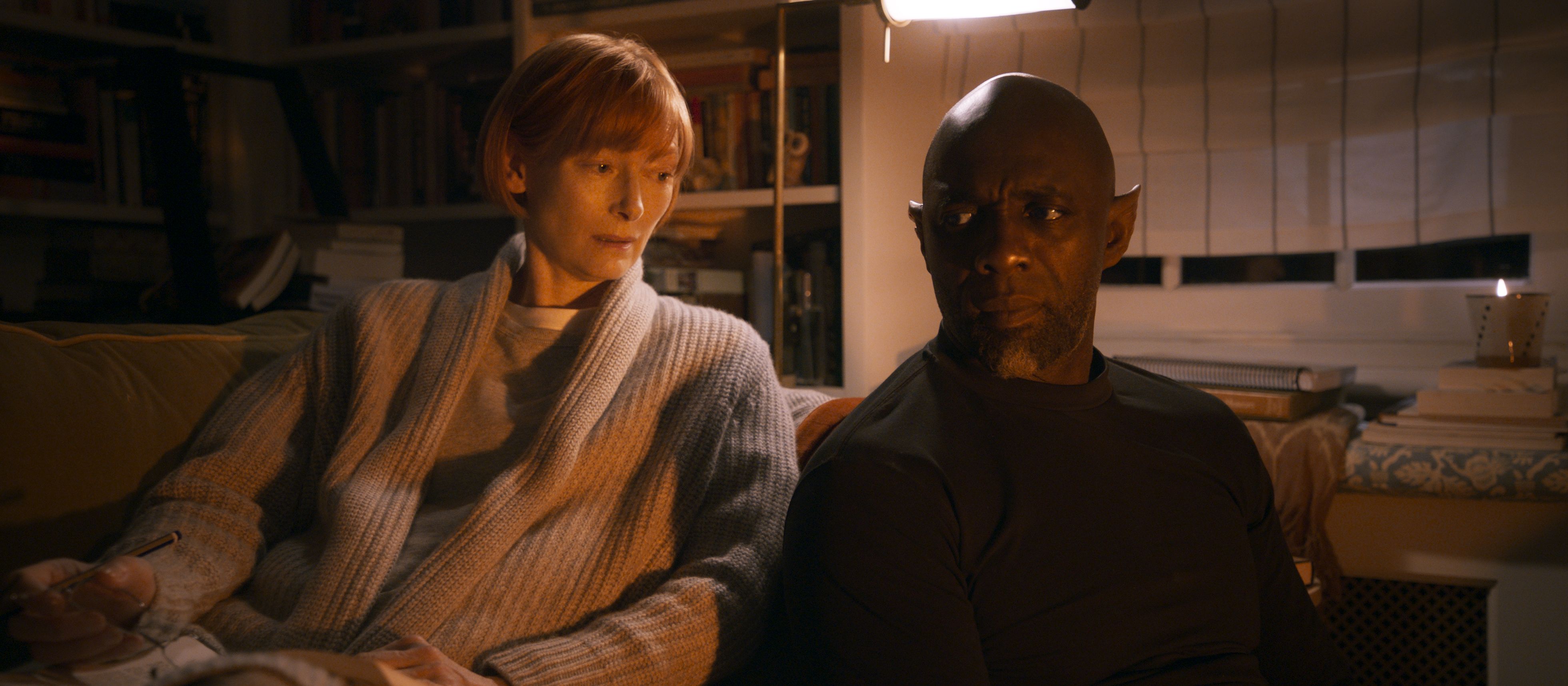
Three Thousand Years of Longing - Cannes review: Idris Elba and Tilda Swinton in the George Miller movie about love and storytelling
Miller brings his gloriously colorful adaptation of cliche twisting orientaly intertwined short story "The Djinn in the Nightingale’s Eye".
George Miller doesn’t make movies often, but when he makes them they’re living craze months in advance. This time, the teaser, which lasts only ten seconds, was enough to interest his fanbase and general cinephile audience and make them look forward to the Cannes Film Festival and the world premiere of Three Thousand Years of Longing. With Tilda Swinton and Idris Elba in the lead roles, seated in characters moving across the dazzling lucid worlds of the imaginary, or rather the narrative freedom of interpretation of the past, this seemed to be an instant glorious hit, the spiritual successor of Guillermo del Toro's Pan's Labyrinth in a way. Truth to be told, in the worst case, the audience knew that this latest Miller flick could simply be a fun joyride, that one blockbuster to indulge in with popcorn and sweetening fizzy drinks. In the end, the expectations of everyone weren't far away from the truth, the movie we got is right somewhere between these two extremes.
Three Thousand Years of Longing follows a story of a lonesome and somewhat bitterish British narratology expert Alithea Binnie - starring Tilda Swinton; that discovers an ancient bottle at The Grand Bazaar in Istanbul. Soon enough she manages to unleash a djinn from it, and like the stories of old work. Djinn offers to grant her three wishes, from her deepest heart's desire. While everything seems to follow the common narrative tropes until that point Alithea decides to break the common Djinn storyline with her doubts about his intentions. As she expresses, every wish is its own damnation, every longing ends up being the end of the one who longs for it. To show her the difference from the stories she heard, Djinn starts to tell her his undead story of his three captivities in the past 2500 years. The stories of trust, longing, love and deception start opening up in front of our eyes, as the ones Shahryār was hearing from Shahrazād.
For starters, heavy-hearted I have to admit that it’s a bit painful to see a film about a narratologist, a person who understands and does storytelling well, carries a mediocre one and occasionally offers bad narrative solutions. This objection comes strictly from the profession, by someone who is familiar in detail with the stories of 1001 Nights and the history of Hakawati and Meddah (narrators from the Arabian Peninsula and the Ottoman Empire). The simplest direct approach was used to present the main story and its intertwining through magical realism, the story from Djinn's past is shown to us, then received a few comments from narratologist Alithea and then comes the next and so on until the duo finds a compromise on three wishes. which need to be met.
As there are no direct consequences between the narrative flow of the narrative and the narrative flow of the main plot, ie as the main plot stagnates as long as we listen to the narratives, the moment of compromise and decision in the narrative remains lukewarm, somewhat undeserved. Again, so much effort has been put into approaching the narrative flow of the narrative that simply a large portion of the audience will surely immerse themselves so deeply in them that they will not pay attention to this mild vanity. This is best seen in the finale itself where after the duo reaches a consensus the plot is packed into short segments of a few minutes, fragments of life led by Alithea and Djinn.
What is much more important, obvious and what builds the charm and beauty of this film are the superficially clear symbols and messages that the film offers. Every story Djinn tells brings with it a different aspect of the issue of love and loneliness. The very name of the protagonist, translated from ancient Greek, signifies truth, and her approach to the world and life is just that, lost somewhere between the stories we used to explain the world and the science that explained it to us. The most beautiful aspect of the film is definitely the adaptations and rearrangements of oral traditions about Sheba and King Solomon, Sultan Suleiman and his descendants, and finally a tale about Zefit and her love of knowledge.
All in all, Three Thousand Years of Longing is a film that in the right circumstances, served to the right audience could be remembered as that one wonderful film about oral traditions, which awakens feelings of childhood reading, reminiscent of The Neverending Story, Labyrinth or Pan's Labyrinth. In the worst case, as I have already said, it will be 110 wonderful minutes that fans of the film will spend in the cinema in 2022.





